“Yi gah geh sai loh gor, dou mmhm sek gong gong dong wah, fuk geen wah… meh wah dou mmhm sek la! Sinh cek ji dou deem yong gou sau tau din wah, deem tong hei dei gou tong?” (Children these days don’t know how to talk dialect and only want to use their iPhones – how can we even communicate?)
This is a common sentiment shared by many in the pioneer generation today. Many of our children are growing up in a world of two languages, namely the lingua franca of our day, English, and their Mother Tongue. Very few are actually exposed to and interested in picking up their family’s dialect, the native language of their grandparents and great-grandparents.
Furthermore, our children are growing up in the age of iPads, smartphones and online services, whilst their grandparents are often not tech-savvy or even distrustful of the internet.
Add to the equation – the busy schedules packed with various enrichment activities for Junior, and it’s no wonder that our children may feel increasingly disconnected and close to their grandparents – even for those whose main caregivers are their grandparents. Quantity time may not always equal to quality time.
Sometimes, we parents exacerbate the situation further by telling our children not to “disturb” Grandpa and Grandma with their unending chatter and stories, as we are afraid our parents will be upset by the noise. However, our parents may actually long for our children’s time and attention, and we are doing them a disservice by shoo-ing our children away.
⇒ Related Read: Choosing Childcare Over Grandparents Care
In fact, there is so much to gain by fostering the intergenerational connection and relationship, from both sides. Meaningful engagement with our children and parents allows them to learn from each other, develop empathy and accept the other’s limitations and unique strengths – precious lessons our children won’t learn in any classroom.
While there is no single solution to address this issue, here are a few ways you can help to bridge the generation gap between your children and your parents, to encourage them to connect in more tangible and meaningful ways.
1️⃣ Role model showing respect and giving attention
Good character is not just taught; the values that we live by are often caught by seeing them lived out by others. Our children’s biggest role models are us, their parents! If we want them to love and respect their elders, it is us who must model what that looks like for them, through the ways we interact with our parents, the attention we give them and our mannerisms towards them.
Put that phone aside when you’re talking with your mum, and don’t glue yourself to your phone when it’s dinner time. Leave the mobile games for another time, and be there with your loved ones instead.
2️⃣ Plan activities that both generations can participate in
When planning family activities, we often gravitate towards the children’s interests, and invite their grandparents along just for the sake of “spending family time”. However, we can surely do better than this. The next time you plan a family outing, do thoughtfully consider the interests and needs of both your parents and children.
For example, if your child loves to draw and your mother loves flowers, you could plan a trip to the Flower Dome (Gardens by the Bay), where your parents can stroll and admire the floral displays, and your child can challenge herself to draw different varieties of flowers.
If your child loves animals but your parents aren’t fans of being in the hot sun, a visit to the SEA Aquarium might be better for everyone than a day spent at the zoo.
3️⃣ Involve children in taking care of their grandparents
Encourage your children to be sensitive to Grandpa and Grandma’s needs and struggles. For example, remind them to speak a little louder and clearer if they want to be understood, and to recognise that, sometimes, their grandparents might forget what was said.
Show them how to look after their grandparents, for example, by serving them dinner, bringing them their reading glasses or a glass of water. These tangible acts of service can help to bond grandparent and grandchild and allow your children to take a keener interest in their grandparents.
4️⃣ Help them tell stories
Even though they may be two generations apart, you’d be surprised how many common threads are woven in their stories and experiences – after all, the human experience comes to all of us, albeit in different forms. Not everyone knows how to start sharing stories of their lives though.
You can help to make it happen by asking good questions. For example, asking Grandpa to share what school was like in his time, and the teachers he remembers, then asking Junior to share about his favourite teacher this year. We are all storytellers in our own right.
5️⃣ Encourage them to take an interest in each other’s hobbies
If your mother has enjoyed whipping up delicious family dinners ever since you can remember, perhaps she’s the best person to teach your daughter to cook her first proper meal. Or if your son is a budding violinist, bring the violin with you when you visit, so that he can play a tune for his doting grandparents.
While the elderly definitely have more real-life experiences than their grandchildren, that doesn’t mean mentoring only goes one way.
As times have changed, there are many new skill sets that our parents may need a little guidance in, for example, how to send emails and WhatsApp messages, and learning to use the internet.
Our children can be life coaches through such experiences if their grandparents are willing to be receptive to change and open to learning new things.
Remember that developing any kind of relationship takes time and effort. People are not robots and don’t always do things the way you want them to. So while you make the effort to bridge the gap between the older and younger generation, don’t expect everything to go smoothly all the time.
The elderly may not take easily to active, rambunctious children, and your children may feel shy or indifferent around their grandparents at first.
Don’t give up and keep encouraging them to connect in new and more ways – and you’ll likely find yourself also discovering new facets of these relationships along the way.
“Today’s little moments become tomorrow’s precious memories” – Author Unknown.
By Dorothea Chow.
* * * * *
Stay in touch! Subscribe to our Telegram here for all our latest updates.
Like what you see here? Get parenting tips and stories straight to your inbox! Join our mailing list here.









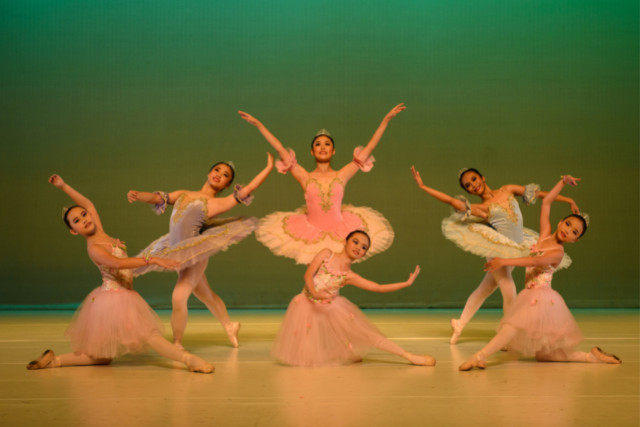


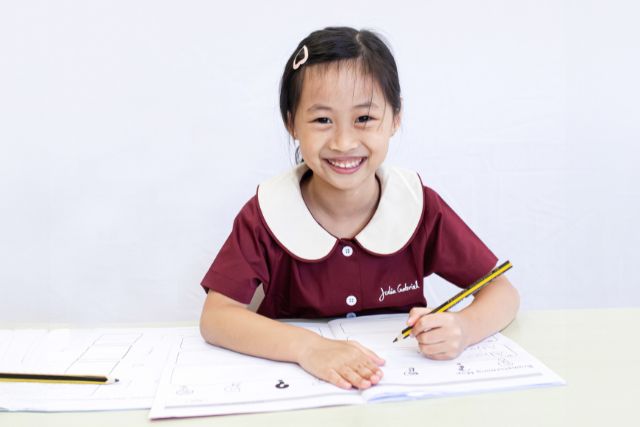

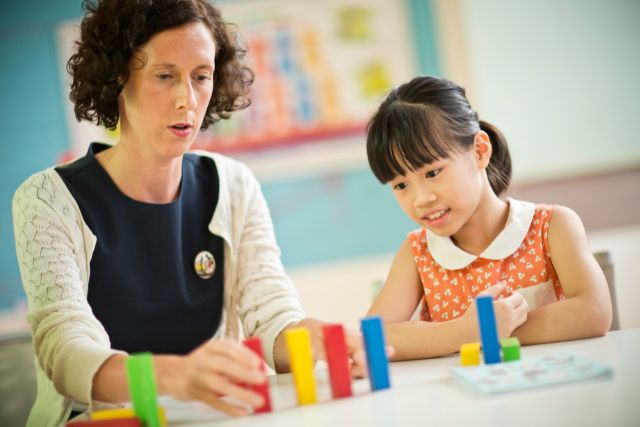


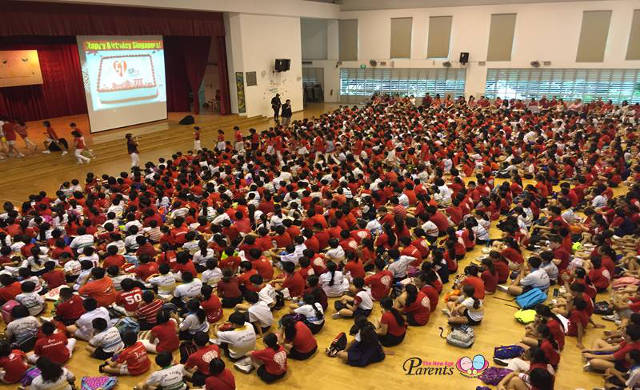





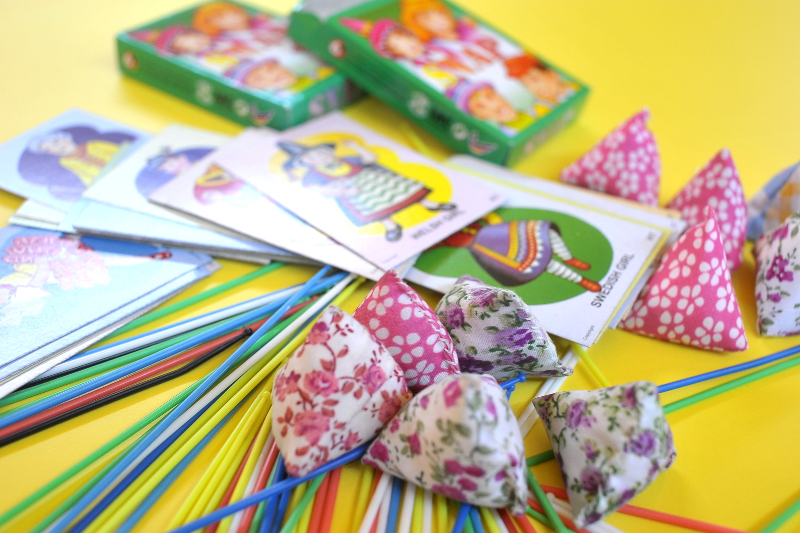



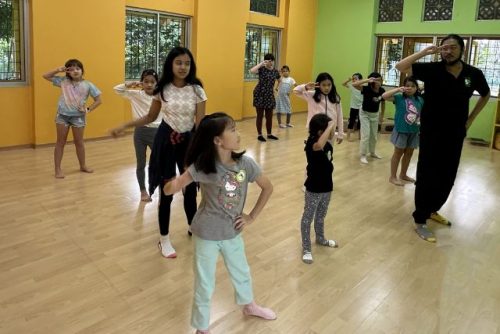









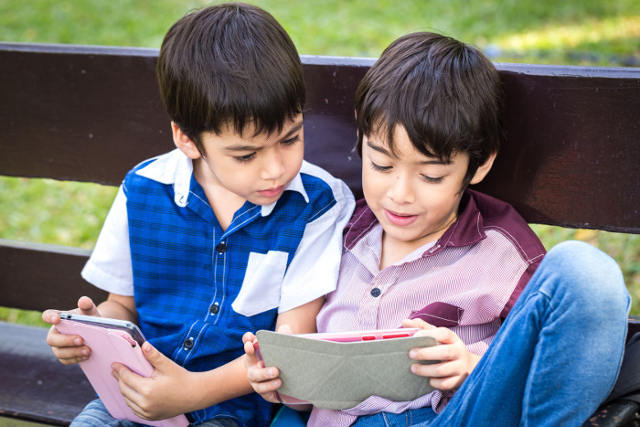





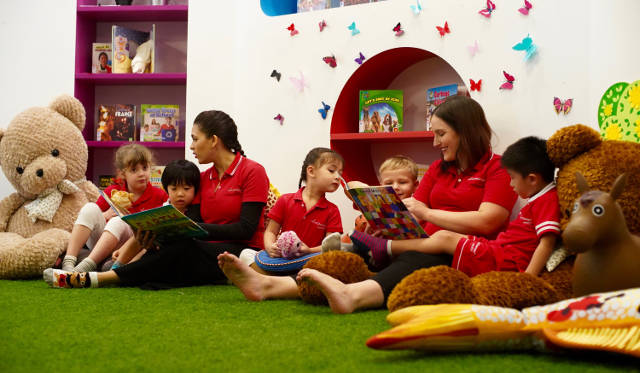





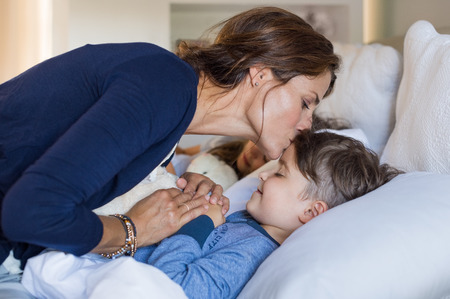



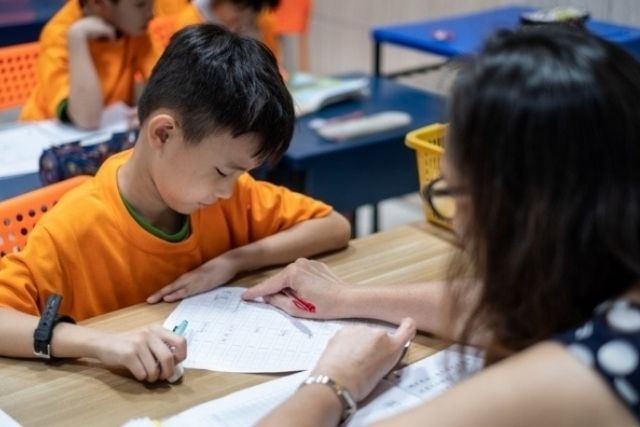

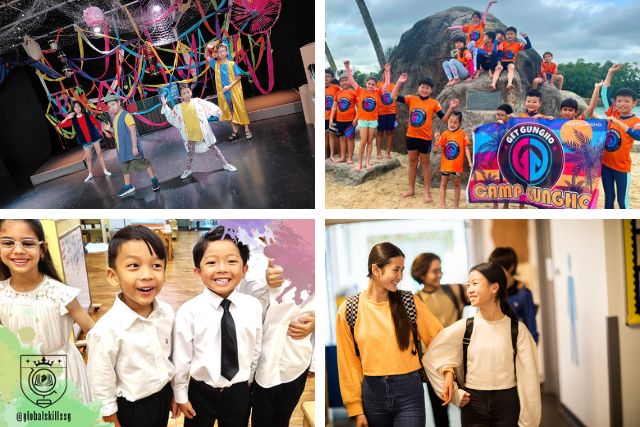








Leave a Comment: